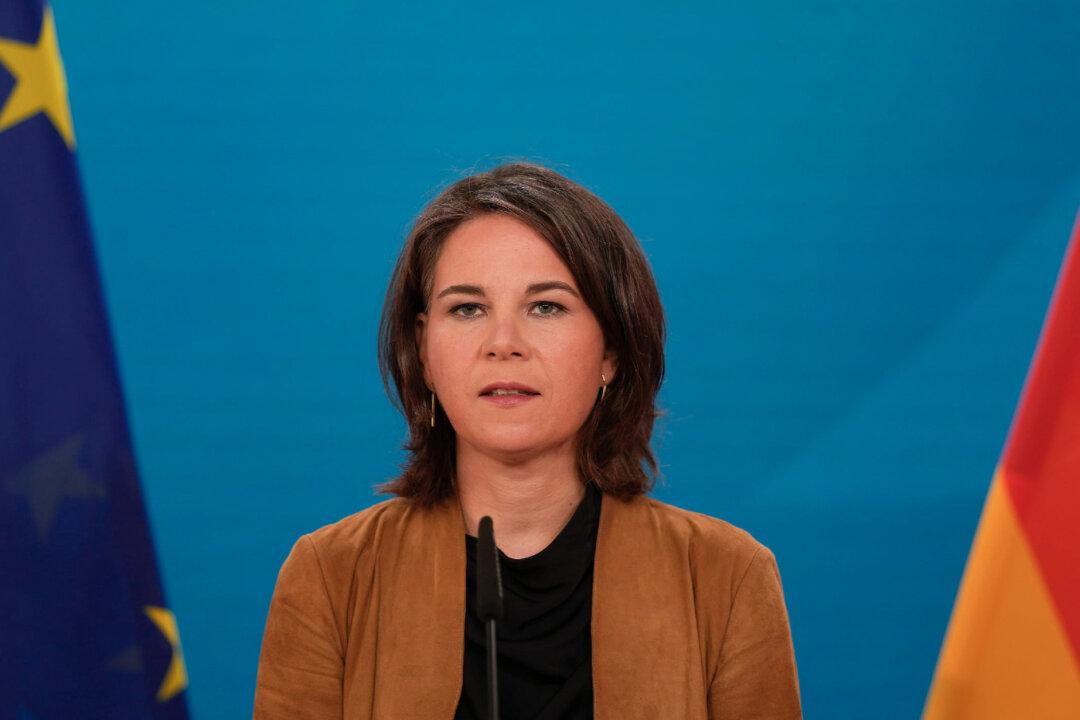BERLIN—The German government has managed to get more than 21,000 former local employees and other endangered people out of Afghanistan since the Taliban seized power almost a year ago, Germany’s foreign minister said Thursday.
However, around 10,000 people are still waiting for an opportunity to get out with German help, Annelena Baerbock told reporters in Berlin. These are primarily people on a so-called “human rights list” and therefore particularly at risk. Only half of this group has so far managed to leave Afghanistan.





